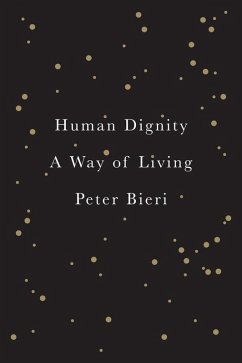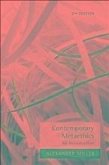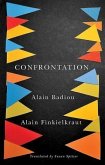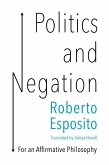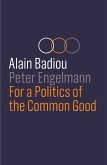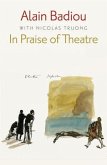Dignity is humanity s most prized possession. We experience the loss of dignity as a terrible humiliation: when we lose our dignity we feel deprived of something without which life no longer seems worth living. But what exactly is this trait that we value so highly? In this important new book, distinguished philosopher Peter Bieri looks afresh at the notion of human dignity. In contrast to most traditional views, he argues that dignity is not an innate quality of human beings or a right that we possess by virtue of being human. Rather, dignity is a certain way to lead one s life. It is a pattern of thought, experience and action in other words, a way of living. In Bieri s account, there are three key dimensions to dignity as a way of living. The first is the way I am treated by others: they can treat me in a way that leaves my dignity intact or they can destroy my dignity. The second dimension concerns the way that I treat other people: do I treat them in a way that allows me to live a dignified life? The third dimension concerns the view that I have of myself: which ways of seeing and treating myself allow me to maintain a sense of dignity? In the actual flow of day-to-day life these three dimensions of dignity are often interwoven, and this accounts in part for the complexity of the situations and experiences in which our dignity is at stake. So, why did we invent dignity and what role does it play in our lives? As thinking and acting beings, our lives are fragile and constantly under threat. A dignified way of living, argues Bieri, is humanity s way of coping with this threat. In our constantly endangered lives, it is important to stand our ground with confidence. Thus a dignified way of living is not any way of living: it is a particular way of responding to the existential experience of being under threat. It is also a particular way of answering the question: What kind of life do we wish to live? This beautifully written reflection on our most cherished human value will be of interest to a wide readership.
Dieser Download kann aus rechtlichen Gründen nur mit Rechnungsadresse in A, B, BG, CY, CZ, D, DK, EW, E, FIN, F, GR, HR, H, IRL, I, LT, L, LR, M, NL, PL, P, R, S, SLO, SK ausgeliefert werden.
"An elegant and subtle exploration of dignity and what it means to lose it."
Nigel Warburton, author of A Little History of Philosophy
"Human Dignity shows a rich and insightful exploration of the idea of human dignity from various angles and at several levels. Bieri carefully distinguishes dignity from other similar looking but really quite different concepts and deals with such important questions as how to live and die with dignity. This is an important book."
Bhikhu Parekh, House of Lords
"An important and beautiful book, thoroughly worth reading."
Frankfurter Allgemeine Zeitung
Nigel Warburton, author of A Little History of Philosophy
"Human Dignity shows a rich and insightful exploration of the idea of human dignity from various angles and at several levels. Bieri carefully distinguishes dignity from other similar looking but really quite different concepts and deals with such important questions as how to live and die with dignity. This is an important book."
Bhikhu Parekh, House of Lords
"An important and beautiful book, thoroughly worth reading."
Frankfurter Allgemeine Zeitung

